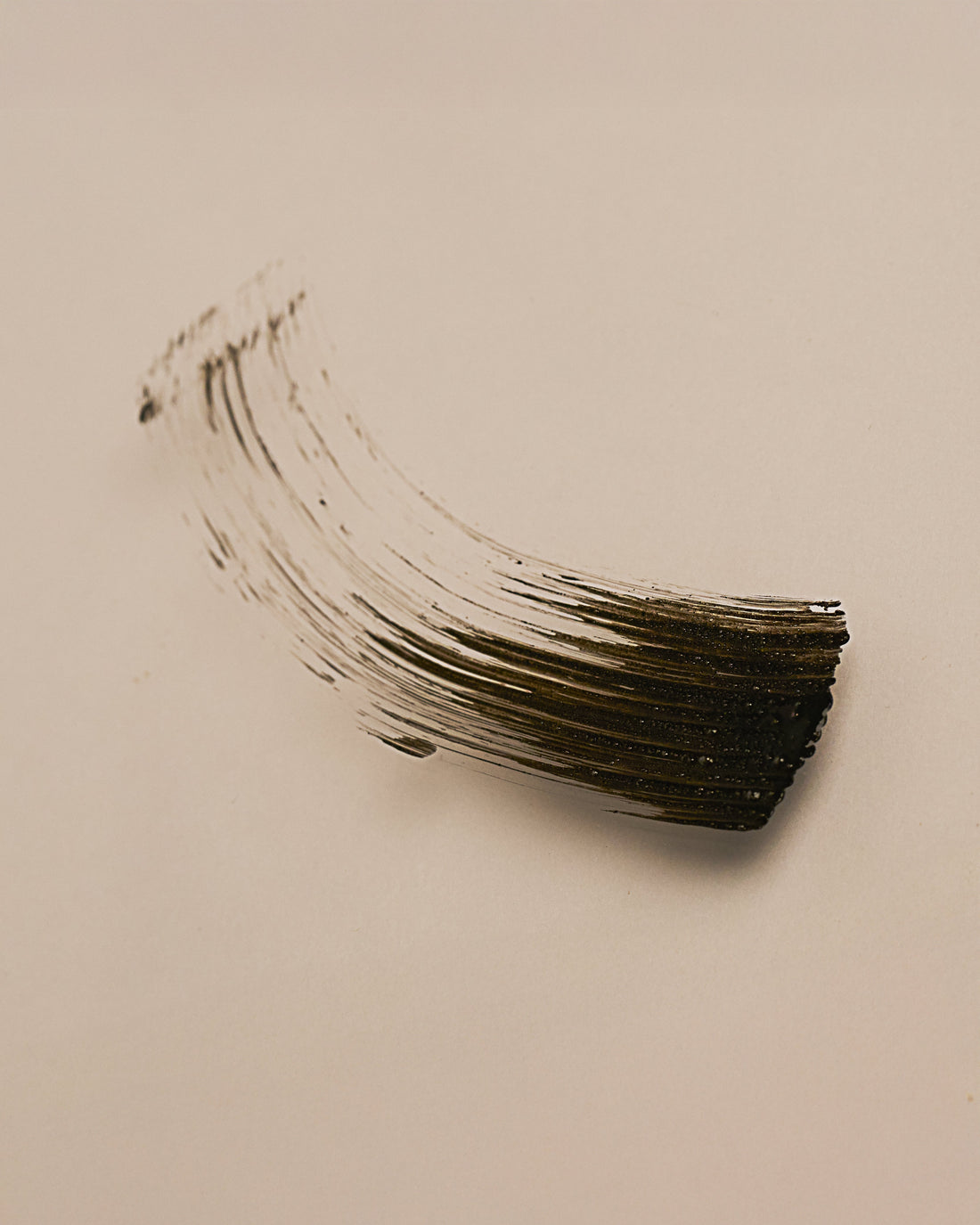
Yes, Your Mascara Is Contributing to Climate Change
A traditionally popular cosmetic tool, one that we know and love here at Aer Cosmetics, has caused so much damage to our environment. But what is it about mascara that really is so wasteful? In this Aer article, we will talk about the negative effects mascara has on the environment and what we can do to lessen those consequences.
Mascara is one of the most widely used cosmetics by people all over the world. There are an estimated 106.5 million daily mascara users in the United States alone, according to A typical mascara expires 6-12 months from opening the unit, which is why we can assume that there are roughly 212 million added plastic mascara containers to our landfills every year. The environment is bound to be significantly impacted by cosmetic waste. The cosmetic sector produces approximately 120 billion packaging units annually, and a large portion of this packaging ends up in landfills, oceans, and other environmental areas, according to a report from Zero Waste Scotland.
Although mascara helps to make our eyes look more beautiful and gives our lashes more definition, its harmful effects on the environment are sometimes disregarded. Not only does the plastic waste of cosmetic containers initiate harsh polluting, water contamination and adverse effects on wildlife are two other examples of how the chemicals used to make mascara can have a severe impact on the environment.
Waste from cosmetic products also adds to the depletion of natural resources. A significant amount of energy, water, and other natural resources are needed during the creation of cosmetic items, and more resources are needed for their disposal. For instance, fossil fuels are used in the manufacturing of cosmetic items, which contributes to climate change. Additionally, the transportation of waste, landfill management, and waste processing all demand energy and resources. Many chemicals and synthetic materials that are used in the manufacture of mascara pose a threat to the environment. To produce the artificial pigments and dyes used in mascara, for instance, a lot of energy and water is needed, which might result in water contamination. The chemicals utilized in the production process have the potential to pollute the air, contaminate the soil, and injure the production employees. This is why it is crucial that companies begin shifting to clean ingredients in their cosmetics.
Harmful products of pollution are transmittable through the process of manufacturing and developing these formulas; they can contaminate the water that is in direct contact with our marine life, creating unstable living conditions for marine biology. Aside from the production, even when mascara is worn, the product's chemicals residue is washed off the face and into a potential pathway that leads to our water systems. These substances can harm marine life and have an impact on their reproductive processes, which can cause a drop in population. Additionally, the chemicals may degrade the water's quality, making it dangerous for both people and animals to drink. While we cannot always regulate where the formula contaminates water, we can regulate that what goes in the formula is safe and free of harsh chemicals that may damage marine life and our water’s ecosystem. For instance, marine animals may mistake plastic debris for food and consume it, harming them as a result. In addition, because of the chemicals found in cosmetics, it is dangerous for marine species to absorb the water potentially contaminated by cosmetic pollution.
The chemicals found in mascara have been shown to negatively impact our environment. For instance, phthalates, formaldehyde, and parabens, which are known to be detrimental to both humans and the environment, are found in mascara. While formaldehyde is a recognized carcinogen, parabens and phthalates have been linked to hormone disruption and can harm biodiversity. Technically, mascara formulas do not have to be FDA approved to launch and sell on the market. It is critical that the consumer is reading and identifying all the ingredients listed in these cosmetic products, to make sure that what they are putting so closely onto their eyes and skin is safe. Your skin is your largest organ, and even for people who do not suffer from sensitive skin, it is important to know what you are absorbing into this organ. The products you put on your skin can be absorbed into your bloodstream, and over time, the use of harmful ingredients and products can have negative impacts on your skin and bodily functions.
The way cosmetic waste is disposed of may also have social effects. Cosmetic waste is improperly handled in many nations, which causes pollution and harm to local communities. For instance, in some regions, cosmetic waste is burned or disposed of in landfills, which causes air pollution and health issues for locals. When mascara wands are thrown away, that has an adverse effect on the environment as well. Wands for mascara are often constructed of plastic and are frequently discarded when a product has been used. These wands can end up in landfills and take hundreds of years to decompose, which adds to the problem of plastic waste in our environment, which is always becoming worse. According to Green-sail.com, “As more and more of these plastics make their way into the oceans, harmful waste products will continue to build up. The Great Pacific Garbage Patch is one of the most startling examples of this buildup -- the Patch measures 1.6 million km2 and contains 1.8 trillion pieces of plastic. As beauty packaging continues to be discarded, trash buildups like these will continue to form.” Plastic, as we know, is one of the hardest wastes to decompose. It releases toxic pollutants into our atmosphere as it decays. Plastic mascara containers can take up to 500 years to decompose, (statista.com) and they release methane as they do. Methane is a powerful greenhouse gas that is linked to climate change and is known to be one of the detrimental gases harming our environment. If we continue to produce plastic waste and cosmetic containers, we will only widen the gap from where our planet needs to be environmentally to survive. Our future is in our hands, we may delay, but time will not. As companies begin to make the switch to more sustainable packaging, we must also be aware of the products we are consuming and the impact they may have on our environment.
So, what actions can we take to reduce mascara's negative effects on the environment?
Starting with the formula. Using a formula that is clean, organic, and certified is not only a better option for your skin, but also better for the inevitable contact that mascara has with our environment. Do your eyes a favor, and our marine life a favor, and check the ingredients of your cosmetic formulas before purchasing. Next, the container. It is not easy to find a sustainable mascara package on the market. Typically, most are made of plastic and expire after 6-12 months. With our refillable, waste-free process, you don’t have to worry about buying another unit again. Our containers are dishwasher safe, allowing you to safely and sanitarily reuse your container rather than adding to the landfill crisis. At Aer Cosmetics, our mission is to provide a quality, alternative solution to the detrimental, wasteful, cosmetic products that are currently offered.
Fresh air never gets old, but cosmetics do. We encourage you to consume wisely.
Consciously yours



